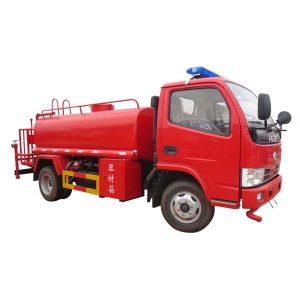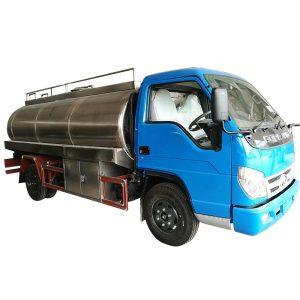Monday to Saturday - 8:00 -17:30
Dumper Truck Weight
Understanding dumper truck weight is essential for efficient operations in construction and transportation. The weight of a dumper truck affects its performance, fuel efficiency, and load capacity.
Factors Influencing Dumper Truck Weight
Several key elements determine the dumper truck weight.
- Size and Design
The size and design of a dumper truck significantly affect its weight. Standard dumper trucks generally weigh between 20,000 to 30,000 pounds when empty. Larger models, such as mining trucks, can weigh significantly more. The construction materials, axle configuration, and bed size contribute to the overall weight.
Choosing the right truck size and design is crucial for optimizing performance. Smaller trucks are often lighter and more maneuverable, suitable for urban environments. Larger trucks, while heavier, offer greater load capacities. Understanding your specific operational needs helps in selecting the most appropriate truck, ensuring a balance between weight and functionality.
- Engine and Components
The engine size and additional components also impact the dumper truck weight. A more powerful engine generally adds weight, but it can enhance performance and handling. Components such as hydraulic systems, reinforced frames, and safety features further contribute to the truck’s weight.
Evaluating the balance between engine power and weight is essential for efficient operations. A well-matched engine ensures optimal performance without excessive fuel consumption. Considering these components helps in customizing the truck to meet specific requirements, enhancing productivity and ensuring the truck operates effectively under various conditions.
Importance of Understanding Truck Weight
Understanding the weight of a dumper truck is crucial for safety and operational efficiency.
- Load Capacity and Regulations
Knowing the dumper truck weight helps determine its load capacity, ensuring compliance with legal weight limits. Overloading a truck can lead to fines, accidents, and increased wear and tear. Adhering to weight regulations is vital for safe and legal operations.
Accurate knowledge of truck weight allows for better planning and resource management. By understanding weight limits, businesses can optimize trips, reduce fuel consumption, and minimize maintenance costs. This strategic approach supports efficient project execution and ensures compliance with transportation laws, maintaining a positive reputation.
- Fuel Efficiency and Performance
The dumper truck weight directly impacts fuel efficiency and overall performance. Heavier trucks consume more fuel, affecting operational costs. Understanding weight dynamics helps in optimizing routes and managing fuel consumption effectively.
By considering truck weight, businesses can improve performance and reduce environmental impact. Efficient weight management leads to cost savings and enhances the truck’s lifespan. This focus on weight efficiency supports sustainable operations and contributes to long-term success, ensuring that the truck performs reliably under various conditions.
Conclusion
In conclusion, understanding dumper truck weight is essential for efficient and safe operations. By considering factors like size, design, engine, and components, businesses can optimize performance and ensure compliance with regulations. This knowledge supports effective project management and enhances overall productivity, ensuring successful outcomes in various industries.




